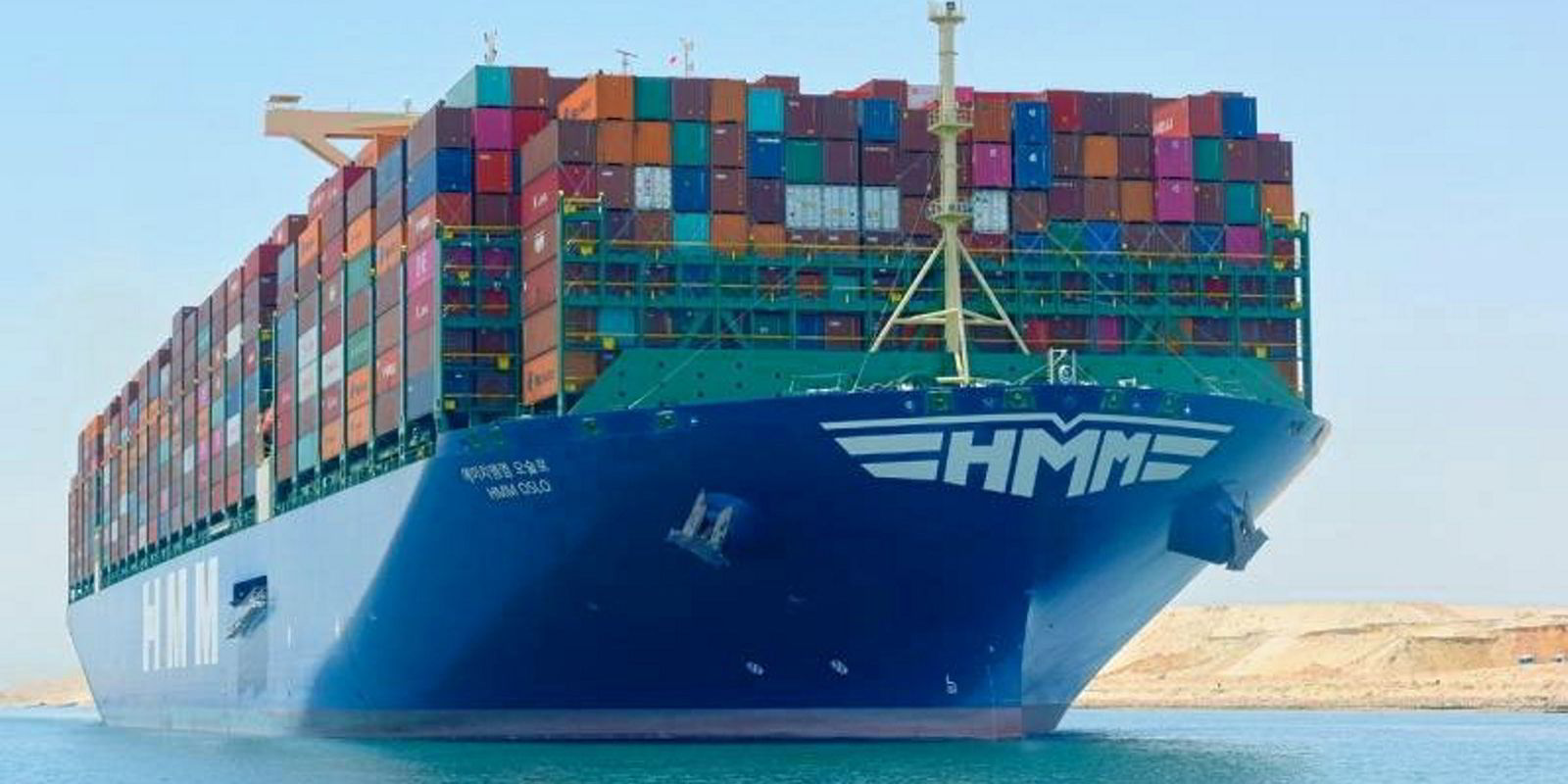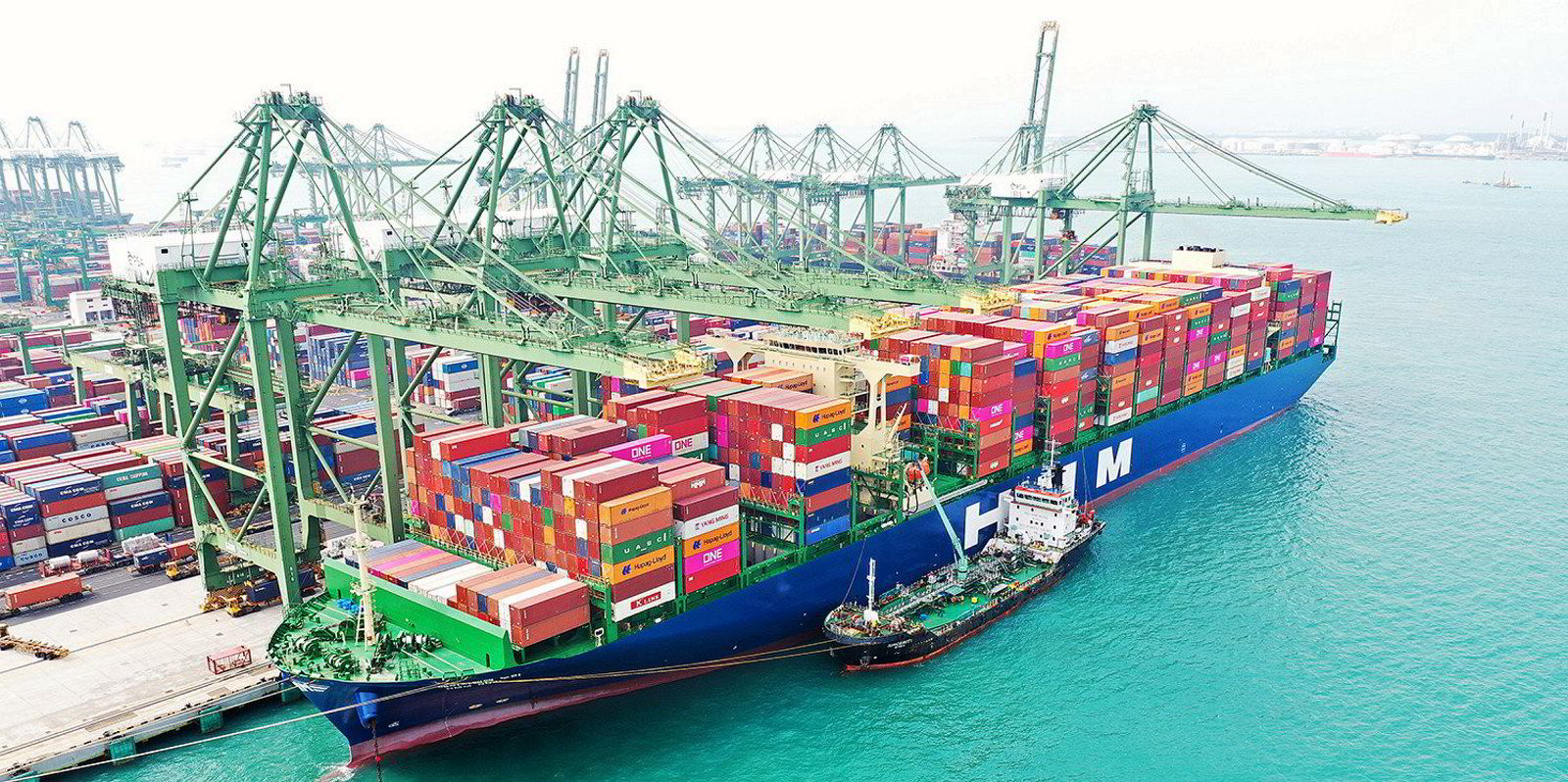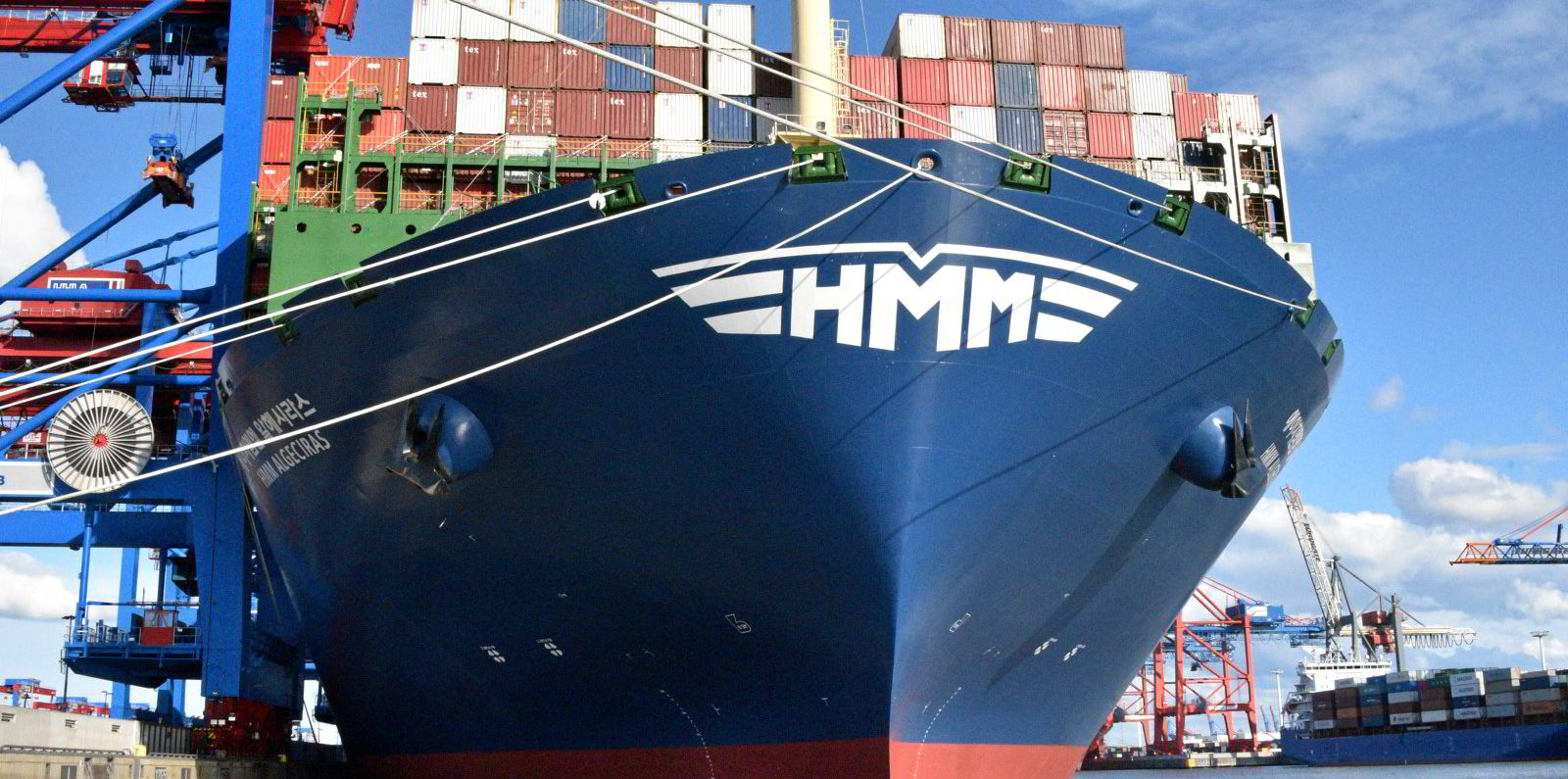HMM could be in the red by as early as 2024 on the back of the steep decline in the Shanghai Containerized Freight Index (SCFI), according to Nomura.
The Japanese investment bank said the South Korean liner giant will likely start posting operating losses from the second half of next year.
Between 2015-2016, Asia container line operators recorded negative operating results due to the drop in SCFI, according to Nomura analyst Eon Hwang.
The recent drop in the SCFI has been caused by the easing of port congestion on the US west coast, freeing up vessels and thus increasing their supply.
“The easing of congestion has been faster than we had expected; hence, we lower our SCFI forecast for 2023 from 1,679 to 874 points,” said Hwang.
He expects the fleet growth rate for containers in 2023 to be 7.4% followed by a further 8.1% year-on-year increase in 2024.
Hwang said the increased supply of vessels will likely drag down the SCFI in 2023 and 2024.
“An upside risk to our view is the Korea Development Bank, a major shareholder of HMM, selling its stake in HMM to a private company,” he said.
Media reports have mentioned Hyundai Glovis and POSCO as potential buyers.
“However, neither company has signaled to us an intention to buy HMM yet. We think the selling of HMM will not happen in the near term,” he said.
In the near term, Nomura is forecasting that HMM will record third quarter revenue for 2022 of KRW 5trn ($3.5bn), up 25.7% year-on-year and an operating profit up 22.4% to KRW 2.8 trillion.
“Though we lower our average SCFI estimate for the third quarter from 3,368 to 3,206 points, operating profit is likely to beat consensus by 7.4%,” he said.
Hwang said the reason for our slightly higher-than-consensus earnings forecast was the rise in the US dollar-South Korean Won rate.
“The average exchange rate for the third quarter has risen 4.9% quarter-on-quarter. HMM recognises its revenue in US dollars and does not hedge,” he said.
In early August 2022, HMM logged record first-half profits of over KRW 6trn, some 16-times higher than the same period last year.
HMM was founded in 1976 as a subsidiary of Hyundai Heavy Industries but was taken over by the KDB in 2016 as a part of the government’s shipping industry restructuring plan.
The shipowner deploys some 76 ships of 816,000-teu of which 44 ships of 608,000-teu are owned and is ranked the eighth largest liner operator.
In July, HMM said it aimed to grow the eco-friendly container ship fleet to 1.2m-teu by the end of 2026.
The group has a dozen 13,000-teu vessels on order for delivery in 2024, adding 156,000-teu.
Since 2020 the Seoul-based carrier has been a member of The Alliance alongside Hapag-Lloyd, Ocean Network Express and Taiwan’s Yang Ming.





